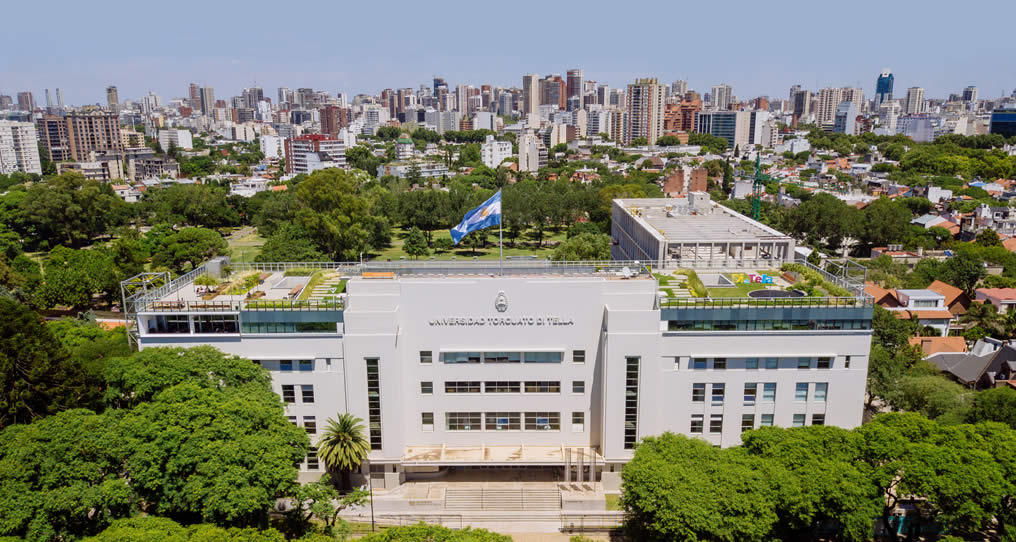2026 ASIL Abroad - Buenos Aires
July 6-7, 2026, Buenos Aires - Save the Date
The International Legal Order at a Crossroads: Rupture, Resilience, and Renewal
The international legal order is facing a moment of profound uncertainty. Armed conflicts and territorial invasions, renewed protectionism and economic fragmentation, the accelerating climate crisis, and growing skepticism toward multilateral institutions have exposed structural tensions that challenge the coherence, authority, and effectiveness of international law. Foundational legal principles—sovereignty, non-use of force, peaceful dispute settlement, and the rule of law—remain essential to maintaining global peace and prosperity, and yet they are increasingly contested.
This moment of challenge to the international legal order is also a moment of opportunity. The conference will invite reflection not only on the causes of the current perceived rupture in the legal order but also on its capacity for resilience and renewal. Together we will reflect on how the international legal order’s role as a framework for cooperation, accountability, and peaceful relations among states might be preserved, strengthened, and made more equitable.
ASIL Abroad will convene in Buenos Aires nearly 120 years after U.S. Secretary of State and ASIL President Elihu Root's historic visit to the city—a visit that affirmed the centrality of international law and peaceful dispute resolution in inter-state relations. Bringing together scholars, practitioners, and policymakers from around the world, the conference will consider what the future of the international legal order might hold — and what role international lawyers, and voices from the Global South in particular, can play in shaping its next chapter.
More details coming soon.
With roughly 40% of ASIL's membership based outside the United States, ASIL Abroad aims to bolster the Society's global presence with a unique combination of policy, practice, and academia. ASIL Abroad was formed in 2022 under the leadership of ASIL President Greg Shaffer and of the inaugural ASIL Abroad Meeting co-chairs Simon Batifort, Christie Edwards, and Neha Jain, to strengthen and promote the Society's global membership.

